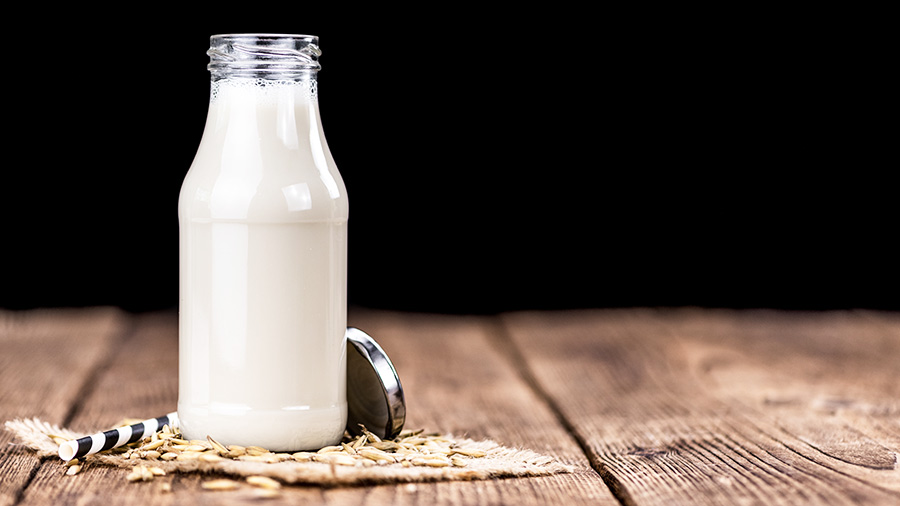Farmers Weekly Podcast Episode 41: ELM, Brexit and that Oatly campaign
 © AdobeStock/HandmadePictures
© AdobeStock/HandmadePictures In this episode, paying farmers to look after the environment could create more stable farm incomes, say researchers.
We examine possible payment rates for the forthcoming Environmental Land Management Scheme – and who will pay to get your farm in order?
See also: Defra report outlines ELM payment rates findings
Second-hand tractor sales are the latest victim of new Brexit rules – with machinery having to be thoroughly cleaned of mud before it can be exported. The new requirement aims to stop plant diseases spreading from country to country – we look at the implications for farmers selling machines.
Meat processors are also warning of problems with Brexit red tape – as problems with export delays cause mean livestock are starting to back up on farms.
We examine the latest advertisement campaign from vegan drink manufacturer Oatly. Dairy farmers are furious – are they right to complain?
And we take a special look at the prospects for the agricultural show calendar – which events will go ahead this summer? And which ones are deciding to postpone?
This episode is co-hosted by Farmers Weekly chief reporter Johann Tasker and Surrey farmer Hugh Broom, with Farmers Weekly livestock reporter Michael Priestley and senior machinery reporter Edd Mowbray.
Podcast sponsors
Massey Ferguson
 With more than 160 years of innovation and experience, Massey Ferguson is one of the world’s leading tractor brands and a force in the global harvesting business.
With more than 160 years of innovation and experience, Massey Ferguson is one of the world’s leading tractor brands and a force in the global harvesting business.
You can find out more about Massey Ferguson and the wider AGCO family, here.

